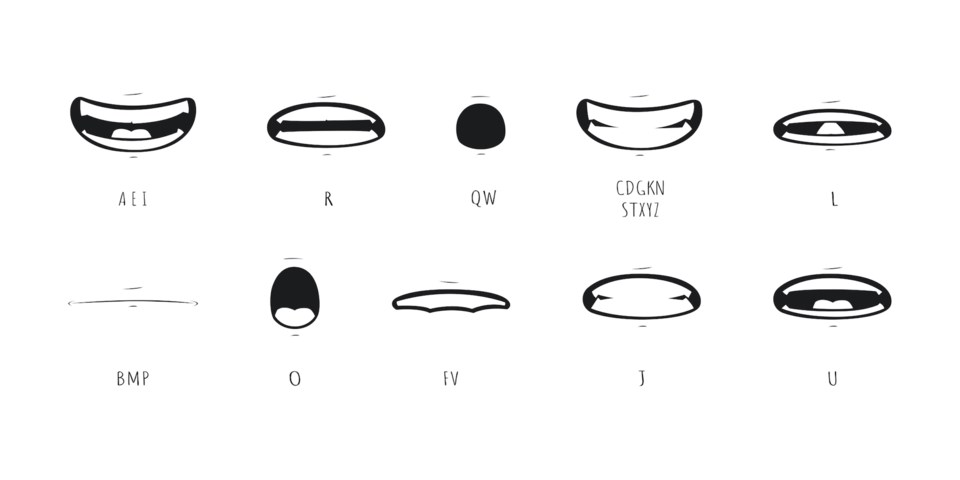Reconciliation with First Nations is for many, myself included, one of the most pressing issues facing our country.
I recently read the Truth and Reconciliation Commission’s 94 Calls to Action and, if they are any indication, we have a long road ahead of us. What to do, what to think and how to act at a personal level is also a challenge. Expanding my knowledge of the issues is a start. Advocating for change is another.
Accordingly, I think the Indigenization of local place names is such a small, realizable and appropriate step towards reconciliation. Regrettably, as soon as you look into it, one realizes how bureaucratic and lengthy the process of changing geographic and/or place names actually is. Nonetheless, every time I look up at that mountain that dominates our valley, named after an Italian who never set foot in Canada or look out at the sound named after a British admiral who never plied its waters, I think we could do so much better by adopting the Indigenous names for these and many other iconic features.
I’m no linguist but for purpose of my work, while living in Africa I learned Portuguese and while living in Central America I had to learn Spanish. I struggled with both, but in learning these languages my experience and appreciation of the respective cultures were greatly enhanced. As they say, language is the oral expression of culture so efforts to revitalize the Squamish language should be applauded.
As I learn of the importance of distinct scripts to accurately portray the nuance of any particular language, I begin to understand the reason behind the various symbols in the written Squamish language. I was also very surprised to learn about Canadian syllabics, a type of writing system (looks like hieroglyphics to me!) used in the Algonquin, Inuit and Athabaskan languages. Syllabics greatly facilitated literacy to the point that by the late 19th century the Cree had achieved what may have been one of the highest rates of literacy in the world. I had no idea!
It is highly unlikely I, or most non-natives for that matter, will ever learn to read or speak the Squamish language.
We will never know, for instance, how to pronounce or understand the meaning of the new Xwu’nekw Park alongside the Blind Channel. It would be very helpful to have, in brackets after the name, a phonetic guide on how to pronounce the name of the park and, if appropriate, the meaning.
It would be one small way in which this non-native could identify with and demonstrate respect for our local Indigenous culture.
Then again, as I was pointedly told by an old friend, it’s not about me.
Jim Harvey
Squamish



